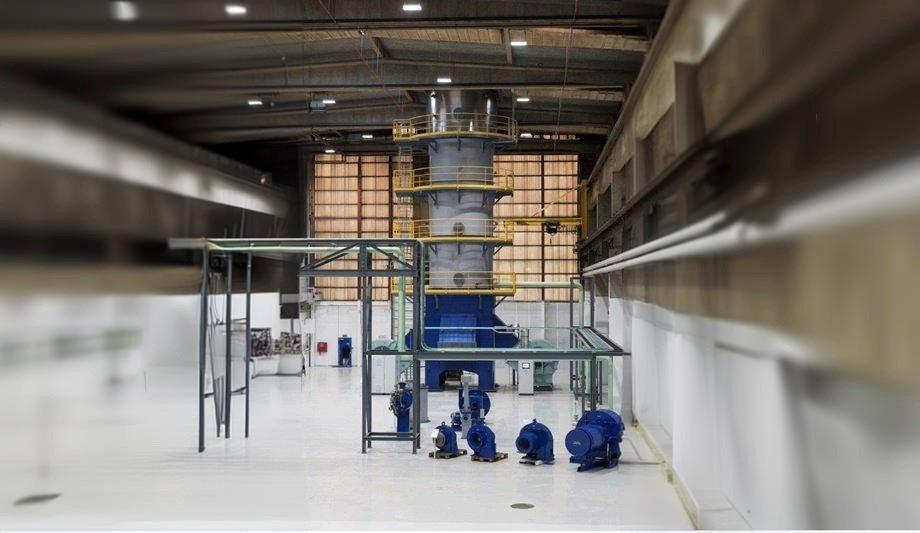Alfa Laval has achieved a significant milestone in the development of its Gas Combustion Unit (GCU) technology for hydrogen boil-off gas, having received Approval in Principle (AiP) from the classification society - DNV.
Safe hydrogen transportation
Alfa Laval has been granted Approval in Principle from DNV for its Gas Combustion Unit (GCU) to be used on liquid hydrogen carriers. The AiP affirms the technical feasibility and safety mechanism of the GCU design and concept.
The boil-off gas technology is essential for liquid hydrogen carriers, as venting cargo is restricted and a GCU is needed to control tank pressure and temperature to safely combust hydrogen boil-off gas (BOG) from a vessel's storage tank.
Hydrogen GCU design
It paves the way for the development of a GCU prototype that will undergo further testing and type approval
DNV’s AiP signifies a major accomplishment for Alfa Laval's hydrogen GCU design. It paves the way for the development of a GCU prototype that will undergo further testing and type approval to create a safe and efficient system for managing BOG on liquid hydrogen carriers.
"The AiP for our GCU design is a significant achievement for us. It demonstrates that our concept has been assessed concerning DNV’s classification rules and adheres to established technical and safety standards," says David Jung, Business Development Manager, Alfa Laval.
Building on marine gas combustion experience
Unlike Liquefied Natural Gas (LNG), hydrogen presents unique challenges for safe and efficient transportation at sea. Its incredibly low boiling point of -253°C leads to a higher boil-off rate during transport compared to LNG.
Additionally, hydrogen's inherent properties, being light, highly flammable, and easily ignitable necessitate prioritising safety in the design of a GCU for hydrogen carriers.
LNG GCU technology
The basis of the AiP is related to Alfa Laval’s existing LNG GCU technology. The company’s expertise with the LNG carrier GCU gives an advantage in the development of a GCU for hydrogen.
With over 200 successful installations, and an additional 100 units having been ordered, Alfa Laval GCU for LNG provides a strong foundation for the hydrogen application. However, the unique properties of hydrogen demand adjustments to ensure safe and efficient operation.
Gas combustion technology
David Jung adds, "For the industry to confidently transport hydrogen, ensuring the safety and reliability of enabling technologies is paramount. Alfa Laval's proven experience in gas combustion technology for LNG carriers positions us well for GCU technology once the hydrogen transportation market takes off."











